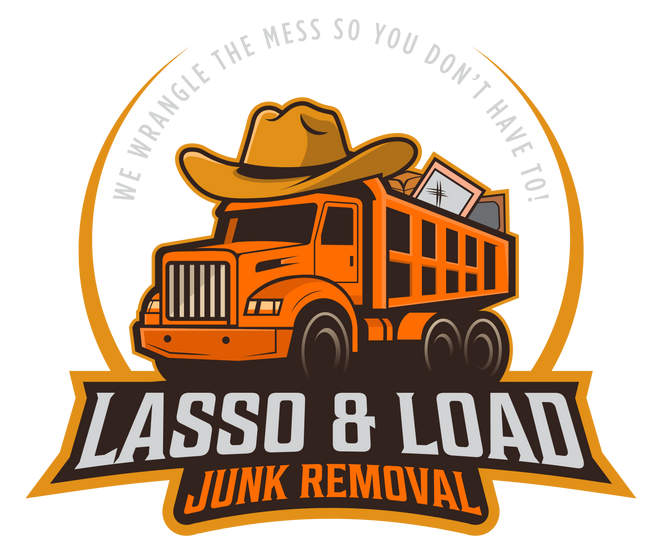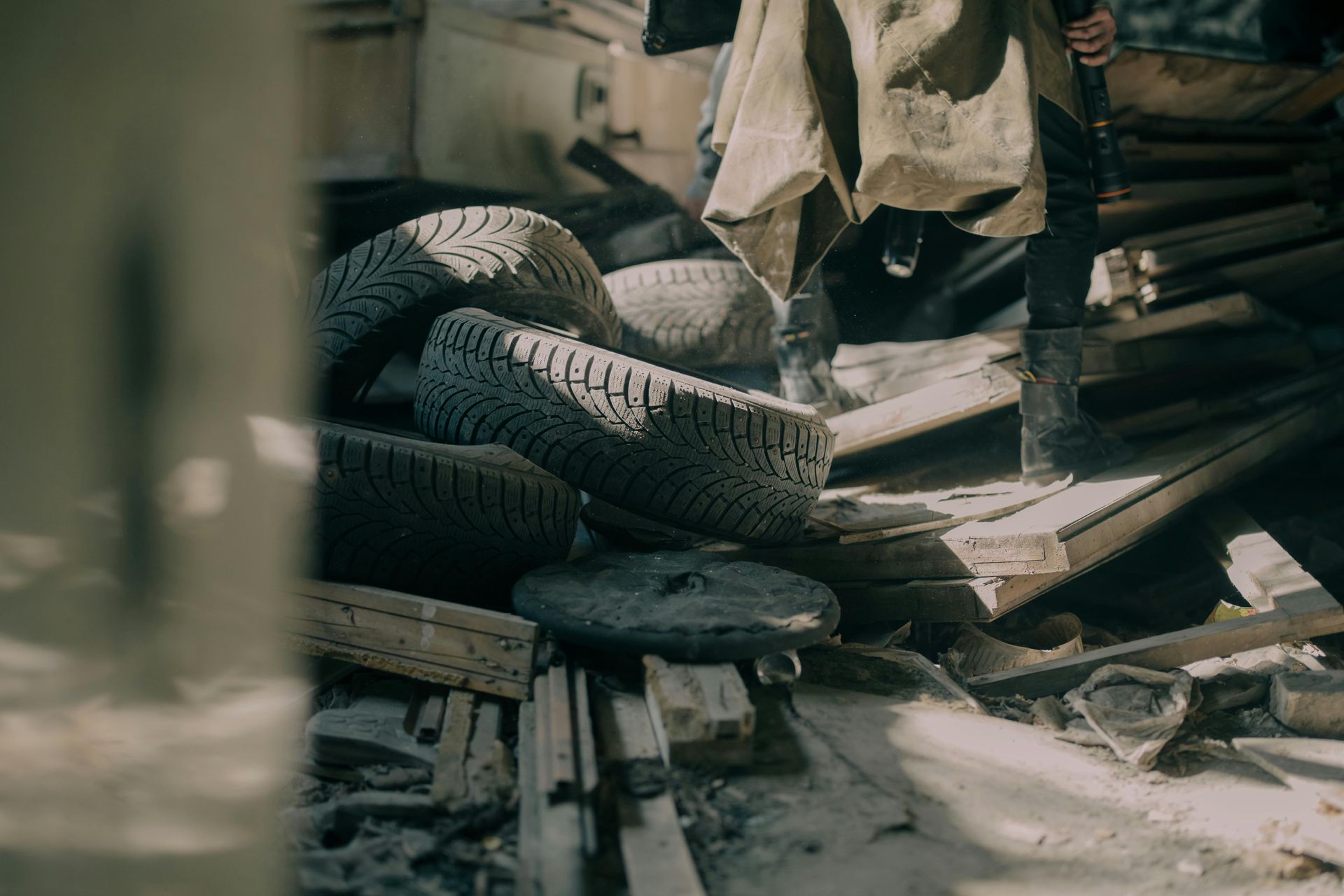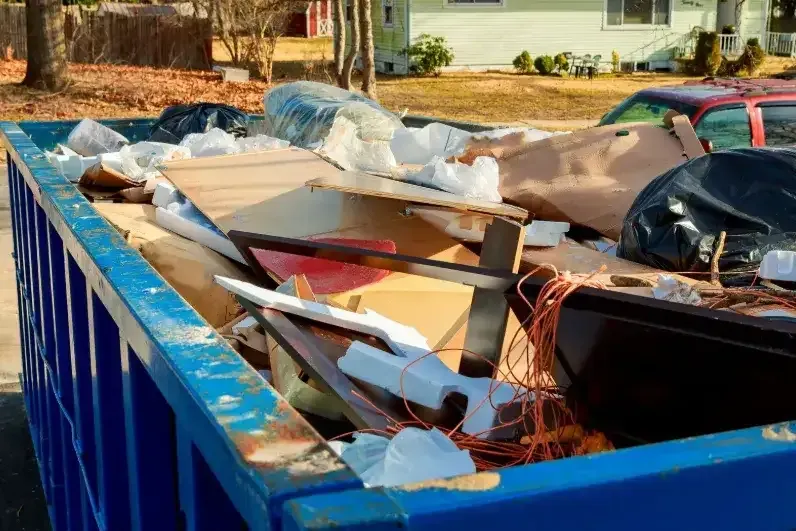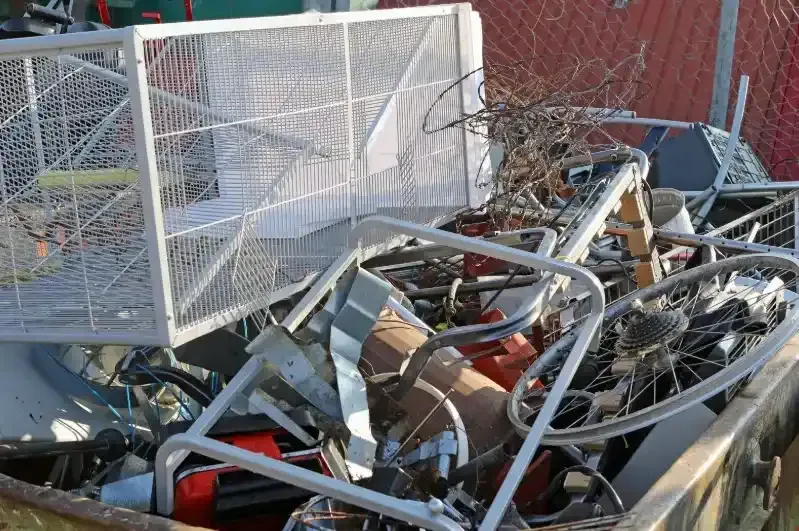The Best Practices for Efficient Demolition Cleanup
Demolition projects, whether residential or commercial, inevitably generate a large volume of debris and waste. Managing the aftermath of these projects is critical to ensuring a smooth transition from demolition to the next phase of construction or renovation. The cleanup process involves much more than simply clearing debris; it requires careful planning, proper waste disposal methods, and adherence to local regulations. A well-thought-out cleanup strategy helps ensure safety, minimizes environmental impact, and keeps the project on schedule.
Without an organized plan for waste disposal, a demolition site can quickly become hazardous, leading to costly delays and safety risks. From hazardous materials to recyclable materials, every type of debris requires different handling and disposal techniques. Proper sorting, recycling, and disposal can reduce environmental harm, prevent fines, and cut unnecessary costs. This guide will explore the best practices for demolition cleanup, highlighting ways to streamline the process while meeting regulatory standards and environmental goals.
Plan for Waste Management in Advance
Before starting any demolition project, it’s essential to establish a comprehensive waste management plan to keep things organized. Planning ahead ensures that you’ll have the right containers, disposal methods, and a timeline for cleanup. The first step is to assess the types of materials that will be removed from the site. This can include everything from wood, concrete, and metal to drywall, glass, and hazardous materials. Different materials require specific disposal techniques, so identifying them early on is crucial to ensure proper handling.
Sorting the waste as it’s being removed from the demolition site is a key part of efficient cleanup. Separate recyclable materials like metals and concrete from non-recyclable items. This process not only helps streamline the work but also reduces disposal costs. Hazardous materials such as asbestos, lead paint, and other dangerous substances require special handling and must comply with strict safety regulations. A clear waste management plan will make your cleanup more efficient and environmentally friendly, preventing unnecessary delays.










